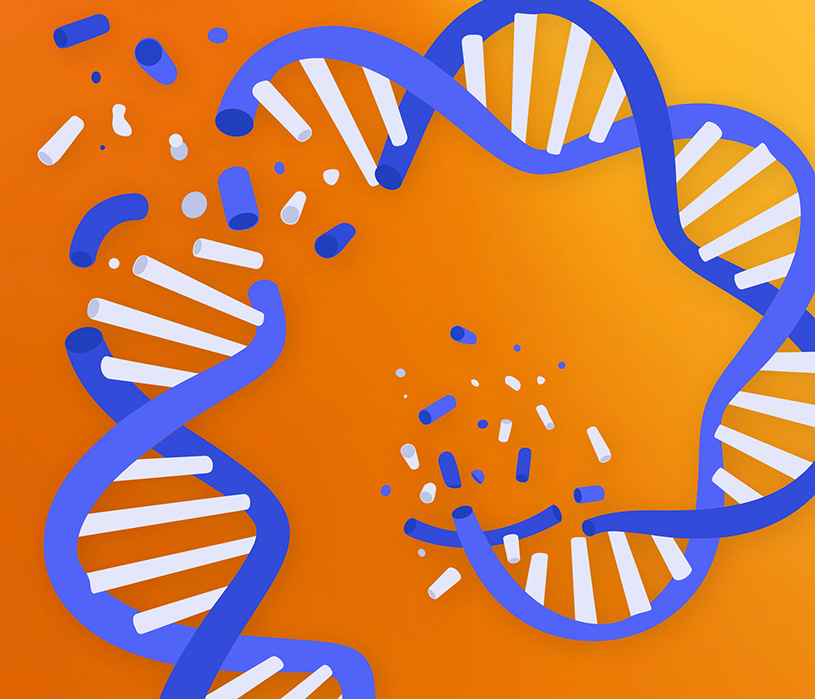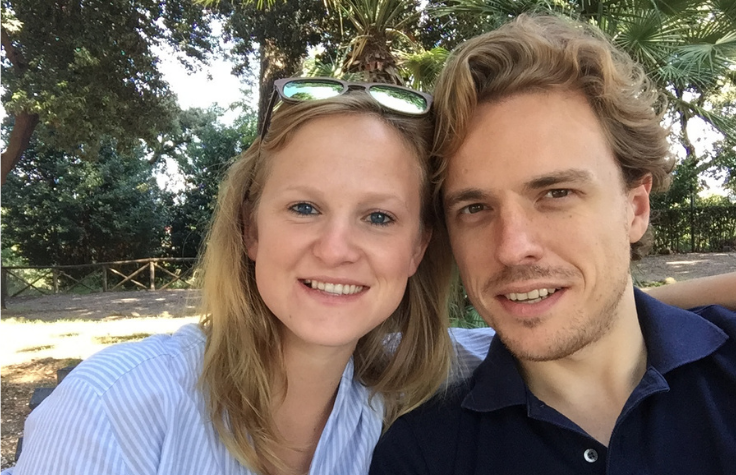Accurate, ultra-rapid analysis of WGS data and other NGS data, on-premise or in the cloud, with somatic, germline, and other app options.
Cancer whole-genome sequencing (WGS) with next-generation sequencing (NGS) provides a base-by-base view of the unique mutations present in cancer tissues. It enables the discovery of novel cancer-associated variants, including single nucleotide variants (SNVs), copy number changes, insertions/deletions (indels), and structural variants. Many cancer-associated variants have been discovered using cancer whole-genome sequencing. WGS also provides a comprehensive view of genomic changes in cancer DNA samples compared to normal DNA.
Cancer genomes typically contain unpredictable numbers of point mutations, fusions, and other aberrations. Since many of these alterations may be novel and not reside in coding regions, cancer WGS offers the most comprehensive approach for variant identification. In contrast, targeted approaches like exome sequencing may miss specific variants, such as those outside coding regions.






